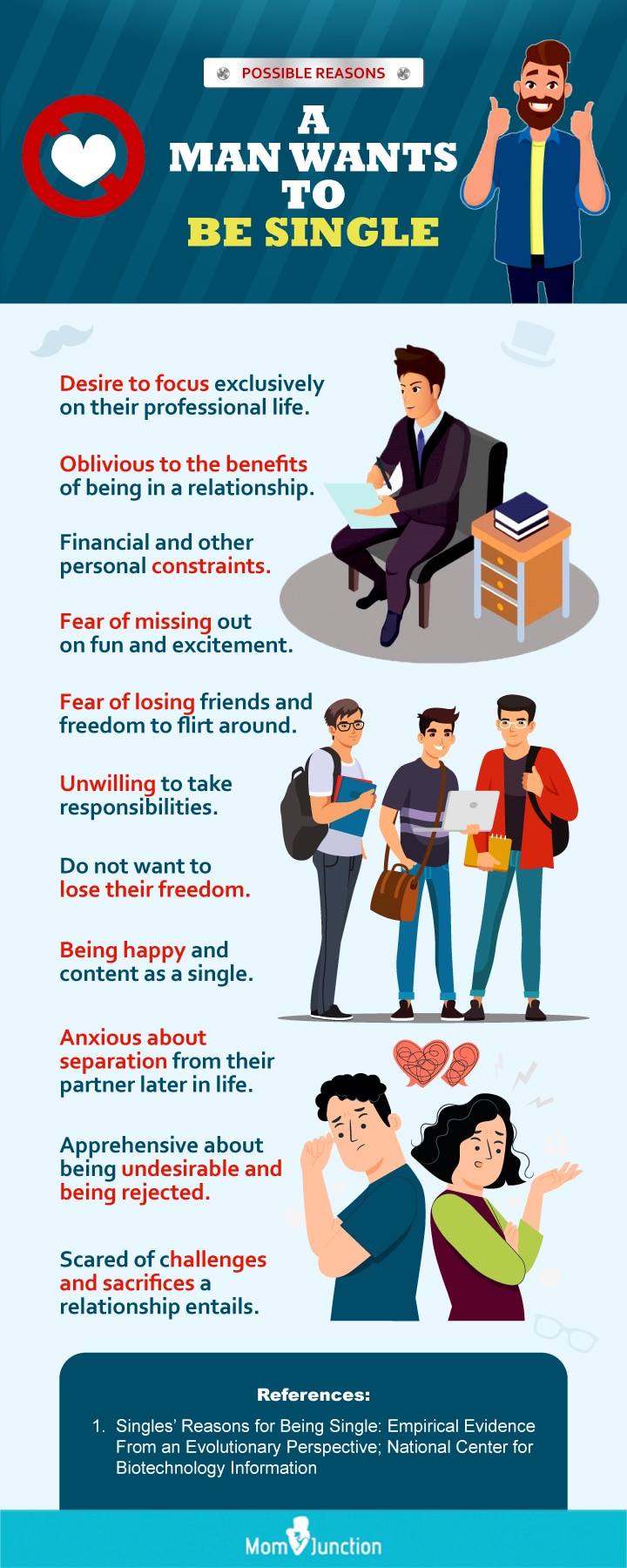
Have you ever wondered why your partner appears hesitant to commit? It’s a common concern that many individuals have in relationships, and understanding the reasons behind this reluctance can help bring clarity and potential solutions. In this article, we will explore the various factors that may contribute to your partner’s reluctance to commit, giving you insights to navigate through this challenge and foster a deeper connection in your relationship.
Possible reasons for reluctance to commit

This image is property of www.momjunction.com.
Fear of losing personal freedom
One possible reason why your partner may seem reluctant to commit is the fear of losing their personal freedom. Committing to a relationship often requires making compromises and sacrifices, which can sometimes lead to a loss of independence. Your partner may be hesitant to give up their freedom to make decisions solely for themselves and may worry about how committing to a long-term relationship may limit their options.
Past relationship traumas
Another factor that could contribute to your partner’s reluctance to commit is past relationship traumas. Previous negative experiences in relationships, such as heartbreak, betrayal, or abuse, can leave lasting emotional scars. These traumas can make it challenging for your partner to trust again and fear that history may repeat itself. It’s crucial to be understanding and patient with your partner as they work through their past wounds and learn to trust again.
Fear of getting hurt
Fear of getting hurt is a common reason why some individuals are reluctant to commit. Opening up to someone and investing emotionally in a relationship comes with the risk of being vulnerable and experiencing heartache if things don’t work out. Your partner may have been hurt in the past and may be hesitant to put themselves in a position where they could potentially get hurt again. Reassurance, open communication, and building trust can help address their fears and create a safe space for them to feel secure in the relationship.
Lack of trust
Trust is the foundation of any healthy relationship, and without it, committing can be difficult. If your partner has trust issues, they may be reluctant to fully commit to the relationship. Trust can be broken for various reasons, and it takes time and effort from both partners to rebuild it. Be patient with your partner, give them the reassurance that they need, and demonstrate through your actions that you are trustworthy. Over time, their trust in you may grow, and they may become more open to committing.

This image is property of cdn2.momjunction.com.
Unresolved personal issues
Unresolved personal issues can also contribute to your partner’s reluctance to commit. These issues can range from unresolved trauma to low self-esteem or a fear of intimacy. It’s essential to encourage your partner to seek professional help if necessary and support their journey towards healing and personal growth. By addressing their internal struggles, they may become more open to committing to a healthy and fulfilling relationship.
Different priorities or life goals
Sometimes, the reluctance to commit is simply due to having different priorities or life goals. Your partner may have ambitions or aspirations that they feel might be compromised by committing to a relationship. It’s important to have open and honest conversations about your individual goals and see if there is a way to align them or find a compromise that allows both of you to pursue your dreams while also maintaining a committed relationship.

This image is property of www.luvze.com.
Commitment-phobia
Commitment-phobia is a term used to describe individuals who have an extreme fear or avoidance of long-term commitments. This fear could stem from a variety of reasons, including a fear of being tied down or a fear of intimacy. It’s crucial to communicate with your partner and understand their reservations without judgment. They may benefit from therapy or professional support to explore the root causes of their commitment issues and work towards building healthier relationship patterns.
Fear of failure
The fear of failure can also play a role in your partner’s reluctance to commit. They may worry about the possibility of the relationship not working out and the potential consequences that come with it, such as heartbreak or disappointment. Help your partner understand that failure is a natural part of life and relationships. By creating a supportive and non-judgmental environment, you can help alleviate their fears and encourage them to take a leap of faith in the relationship.

This image is property of d1cbe14be5894c8dcc3d-8a742a0d46bf003746b2a98abb2fa3cf.ssl.cf2.rackcdn.com.
Fear of missing out
The fear of missing out, often referred to as “FOMO,” can also contribute to your partner’s reluctance to commit. They may worry that by committing to a relationship, they will miss out on other opportunities or experiences. It’s important to have open and honest conversations about each other’s needs and desires. By addressing their concerns and finding ways to nurture the relationship while still allowing for personal growth and experiences, you can help alleviate their FOMO.
Lack of emotional readiness
Lastly, your partner may be reluctant to commit due to a lack of emotional readiness. Building a strong and healthy relationship requires emotional maturity and readiness to invest in the partnership. Your partner may need more time to work on themselves and develop the emotional capacity to commit fully. Give them the space and support they need to grow and be patient as they navigate their journey towards emotional readiness.
In conclusion, there can be several reasons why your partner may seem reluctant to commit. It’s important to approach the situation with understanding, empathy, and open communication. Building a foundation of trust and creating a safe space for your partner to express their fears and concerns can help address their reservations. However, it’s crucial to remember that commitment is a personal choice, and each individual may have their own timeline for when they feel ready to take that step.






